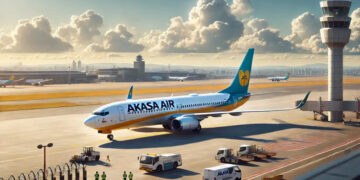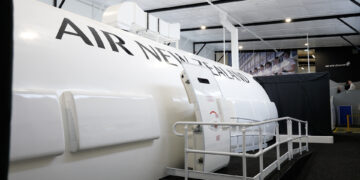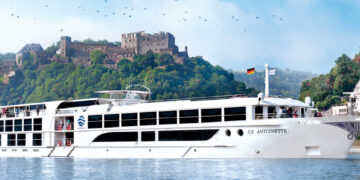Is the travel industry keeping up with emerging tech?
Emerging technologies have undoubtedly revolutionized many industries, yet the travel industry has not full unleashed all their potential.
Phocuswright’s latest travel research report At a Crossroads: Underappreciated Tech in Travel breaks down this critical juncture in travel, discussing why some technologies that have received a lot of publicity – specifically virtual and augmented reality (VR/AR), Web3 and the Internet of Things (IoT) – remain underappreciated in the industry. It aims to reveal how these technologies can be better leveraged for travel based on specific use cases and examples from outside the industry.
Subscribe to our newsletter below
While the travel sector has invested significantly in startups, most recently focusing on hospitality and business travel companies, the scale and diversity of investment appear to be less extensive compared with other industries.
Over the past 15 years the travel and tourism industry received around 1% of funding for startups across all industries, according to a
McKinsey analysis of Phocuswright and Pitchbook
data.
Moreover,
players within travel are rightly pushing forward with key tech innovations,
especially in aviation and hospitality. Yet they lag in testing and adopting new technologies, mainly due to the
following:
- First,
the capital investment of implementing and maintaining advanced external technologies leads to slower internal
adoption rates, especially compared with other sectors where technology is a core
part of the growth strategy. - Second,
the complexity of integrating emerging technologies in a way that enhances
rather than complicates the travel experience can also hinder widespread
implementation. - Furthermore,
the sector has traditionally been cautious in embracing new technologies due to concerns
about disrupting the established human touch – a core element of hospitality
and travel.
The
last point is significant, often stemming from how these developments are
initially touted. For example, the metaverse is advertised as offering
consumers the ability to live a virtual second life, and artificial
intelligence is presented as capable of replacing much human work and expertise.
Why does travel need to catch up? Emerging technologies are crucial for the travel industry to adapt to and address the evolving consumer demands of global travel. The importance of technology investment ties directly to the following trends that are shaping the future of travel:
- Environmental,
social and cultural sustainability remain a cornerstone of contemporary travel, forcing travel
providers to reduce their carbon footprints. - The
desire for seamless journeys is becoming as important as the destination
itself, requiring travel providers to enhance their customer relationship
systems. - The
demand for hyper-personalized travel continues to grow, with travelers seeking
itineraries and activities that reflect their individual preferences and
lifestyles.
Universally,
travelers are becoming increasingly digitally savvy. With Gen Z and Gen Alpha
consumers growing up in a world where tech-enabled personalization, convenience
and sustainability are the norm, expectations to provide extraordinary travel
experiences are rapidly rising. In this environment, it is vital for the travel
businesses to leverage new technologies and pinpoint
growth opportunities.
While emerging
technologies like VR/AR, Web3 and IoT hold transformative potential for the
travel industry, their underutilization stems from a combination of high entry
barriers, complexity and concerns about
eradicating the human element that is central to the travel experience.
Nevertheless,
these developments offer unparalleled opportunities for personalization,
efficiency, sustainability and enhancement of
the traveler’s journey.
As the
industry stands at yet another crossroad, it is imperative for companies to
move beyond the fanfare and carefully integrate modern technologies in ways
that complement the human touch, rather than replace it.
Embracing
these innovations thoughtfully can not only address evolving consumer demands,
but also facilitate a future in which
travel is more immersive, responsive and conscious of its impact on the world. The path forward
requires a strategic balance of technological integration and preservation of
the natural experiences that define travel, ensuring that the industry remains relevant and
resilient in an increasingly digital future.
Learn more
Phocuswright’s At a Crossroads: Underappreciated Tech in
Travel is part of the larger content series Travel Innovation and Technology
Trends 2024.
About the author …
Markus Schreyer is a Phocuswright analyst and global hospitality executive and experience architect at the forefront of business development, travel and technology.















































